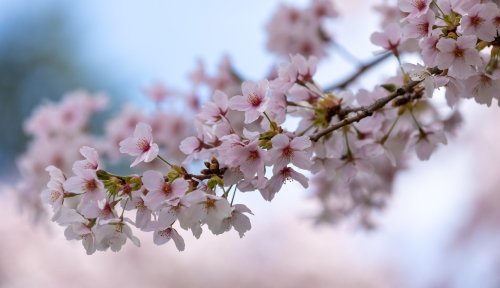The Counseling and Wellness Center is here to support you during this time of crisis. Contact us by emailing counselingcwc@stmartin.edu if you would like to connect with a counselor Monday through Friday, 9am to 5pm.
If you need support outside of our hours, we recommend texting HOME to 741741 to reach a crisis counselor via the Crisis Text Line (www.crisistextline.org), or call the Suicide Prevention Lifeline at 1-800-273-8255.
Lean on our core mission and values to get through
As Saint Martin’s community members, we can use the core themes of our university and Benedictine tradition: faith, reason, community, and service.
- Faith - Let your eyes notice and your heart believe in the strength of the human spirit. Have faith that this crisis will bring out the best in people, and extend loving kindness on an individual, local, and global scale. Have faith that you will find the strength to adjust to a new life. Listen with the ear of your heart.
- Reason - Calmly gather news and information from reputable sources only. Fact-check rumors, and consult experts when appropriate. In this uncertain and frightening time, it is especially important to build your self-regulation skills so you can react to changing situations with as much reason and peace as possible.
- Service - Share your gifts of supplies, time, and skills. Honor your elders and act in solidarity with other at-risk populations such as people experiencing houselessness and extreme poverty. Purchase take-out meals from local businesses and tip them well. Donate to food banks, organizations like No Kid Hungry, and to the 100 million masks campaign, which will enable Washington state medical providers to obtain more personal protective gear such as masks and gowns. Let’s serve those who serve us.
- Community - We are all responsible for protecting each other. Washington State Governor Jay Inslee states that limiting contact with others through social distancing is a patriotic act. Remember that even if you are not displaying symptoms of COVID-19, you may be a carrier and could transmit the virus to someone from an at-risk population. In addition to sheltering in place, we can also serve our community by combating racism and xenophobia against Asian-American people, who are unjustly targeted with discrimination and hate speech in the wake of this virus.

